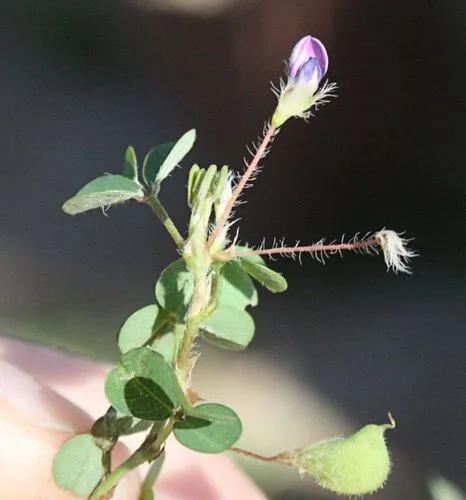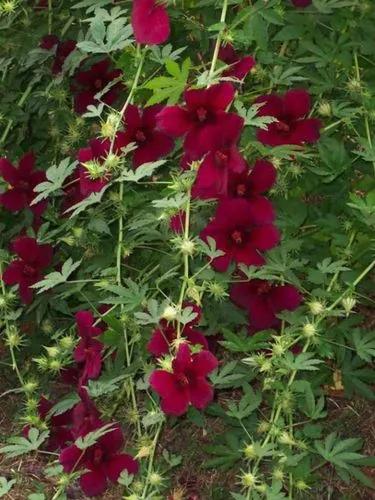Tussilago farfara, commonly known as coltsfoot, is a plant in the daisy family Asteraceae, native to Europe and parts of Asia. The name "tussilago" is derived from the Latin tussis, meaning cough, and ago, meaning to cast or to act on.
Coltsfoot Care
Tussilago farfara



Coltsfoot is a perennial herbaceous groundcover, with the typical bright yellow flowers that characterise the Asteraceae family. The flowers are fragrant, even when dried and are similar to a tufty dandelion, although they are flat and a little smaller. The leaves are slightly lobed and resemble the underside of a colt’s foot, being described as hoof-like. The jade coloured leaves can grow 10 cm or more across and have prominent white veins that spread spider like across the leaf surface. The plant is often found in waste and disturbed places and along roadsides and paths. In some areas it is considered an invasive species. Invasive in the eastern United States.
How to Care for the Plant

Water

Water regularly in the first weeks. Try to avoid watering on sunny afternoons to minimize the amount of moisture lost to evaporation. After that, check the soil and water if there`s not enough rainfall.

Sunlight

The best position is a full sun, but coltsfoot is tolerant of semi shade as well.

Soil

It prefers a moist neutral to alkaline soil.

Temperature

Plants are hardy to about -29°C.

Popularity

425 people already have this plant 110 people have added this plant to their wishlists
Discover more plants with the list below
Popular articles






